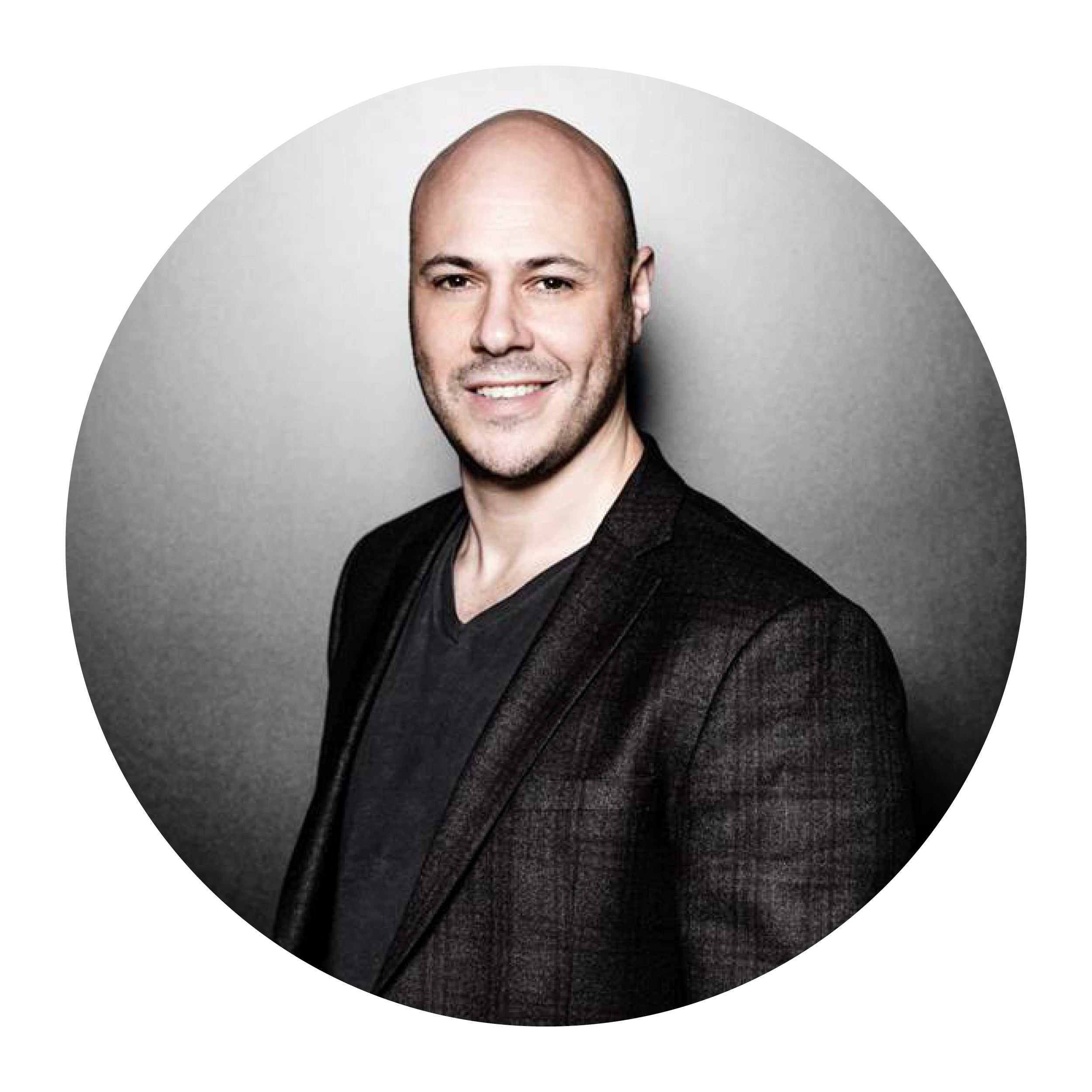We asked four experts how these generations are transforming the business world as we know it.
IDUN MINERALS
The beauty industry is changing rapidly, and millennials and Gen Z are a driving and active force. In a recent analysis from E-barometern, a Swedish report developed by PostNord in collaboration with Svensk Digital Handel and HUI Research on the online status, beauty is the second largest category where 32 percent had purchased beauty products online during the past month, trailing fashion at 39 percent. The Gen Z customer demands instant information and gratification. Patience is not a word in their dictionary. No reply means no sales. Freight charge equals no sales. They also want to be represented in the picture, with different skin tones featured and with as much authenticity as possible. Live chat is a must, as instant reply increases one’s chances to sell. They also demand moving pictures and videos along with easy text and pictures. If you complicate your message, they will move on. Above all, one’s brand also has to be extremely environmentally friendly, in particular in Northern Europe. Plastics and all unnecessary chemicals are red flags for Gen Z, since most of them are well informed and will catch you if you try to fake it. There are many advantages for Scandinavian companies due to our transparency. Our reputation for honesty will serve us well in many markets.
— Göran Agardh, CEO of IDUN Minerals

…going digital

…having high expectations
AGGANCIO
As I see it operating in the executive search and headhunting space globally, millennials and Gen Z place new requirements on potential employers. They do not buy into the ‘gold watch’ mentality that existed before, where they can see themselves working for the same company for 25 years. Instead, they are looking for what they can get both in terms of experiences as well as compensation—if and when they decide to join a company.
Beyond this more transactional approach, I see that these generations are more cause- driven, in terms of fulfilling a higher purpose (whether it be related to the environment, equality, religion, etc.) This is true for both themselves as well as for the company they join. All in all, this difference in what the millennials and Gen Z are looking for in an employer changes the way companies need to operate and run their businesses if they want to be able to win the war for talent.
—Andre Haug, CEO of Aggancio Group
”We recognize that millennials and Generation Z have enormous impact on business today”
WGSN
Businesses must adapt to new shopping behavior. There are a few key things to keep in mind when appealing to young consumers, especially Gen Z. One of them is the rise of individualism. Uniqueness is a priority for Gen Z. Difference doesn’t scare them, as it may have for generations in the past. For Gen Z, there is more emphasis during adolescence on creating their own path, whether that means building new educational systems or their own personal brands. Gen Z wants to reframe outdated social constructs and create new ones. Brands that do the same will resonate with them. They sway towards brands that celebrate self-expression and empowerment. They do not want brands that cater to everyone. They want brands that cater to the individual. Other ways to appeal to younger consumers include aligning with values that are important to millennials and Generation Z. They are conscious consumers that don’t mindlessly buy into fashion and trends. They do their research and align with brands that share their values—things like gender fluidity, inclusivity, and real representation. Social media is also making it easier than ever before for like-minded teens to find their fashion tribes. But, interestingly, subcultures have been replaced with communities that are built around values—not style.
—Sarah Owen, Senior Editor for WGSN Insight

…seeking out personalized experiences

…putting values first
GIANT INNOVATION
Making any broad generalizations about both millennials and Gen Z is difficult as there are many years between the birth years of the first millennials and the last of Gen Z. That said, beyond the enormous implications of their being the first generations of digital natives, I think the best way to describe Gen Z and millennial impact on business can be described simply: values-driven.
Especially as we look at the newest entrants into the workforce, we see that they want to connect themselves with businesses that align with their values. This means that an employer’s ability to attract talent will require establishing values that resonate with new potential employees. Many say that the youngest generation in the workforce is “lazy” or “entitled.” This is not true—they are quite hardworking. They simply need to find work to which they can attach their passions and beliefs.
Similarly, products and services must also resonate with millennial principles in order to succeed. We see this in almost every industry. To give one example: The millennial and Gen Z preference for natural or healthy drinks has had huge implications on the beverage industry, which has been forced to adjust accordingly. Leveraging the passion of these younger workforce entrants will be the recipe for future business success.
—Joshua Cohen, Managing Partner at GIANT Innovation


Recent Comments